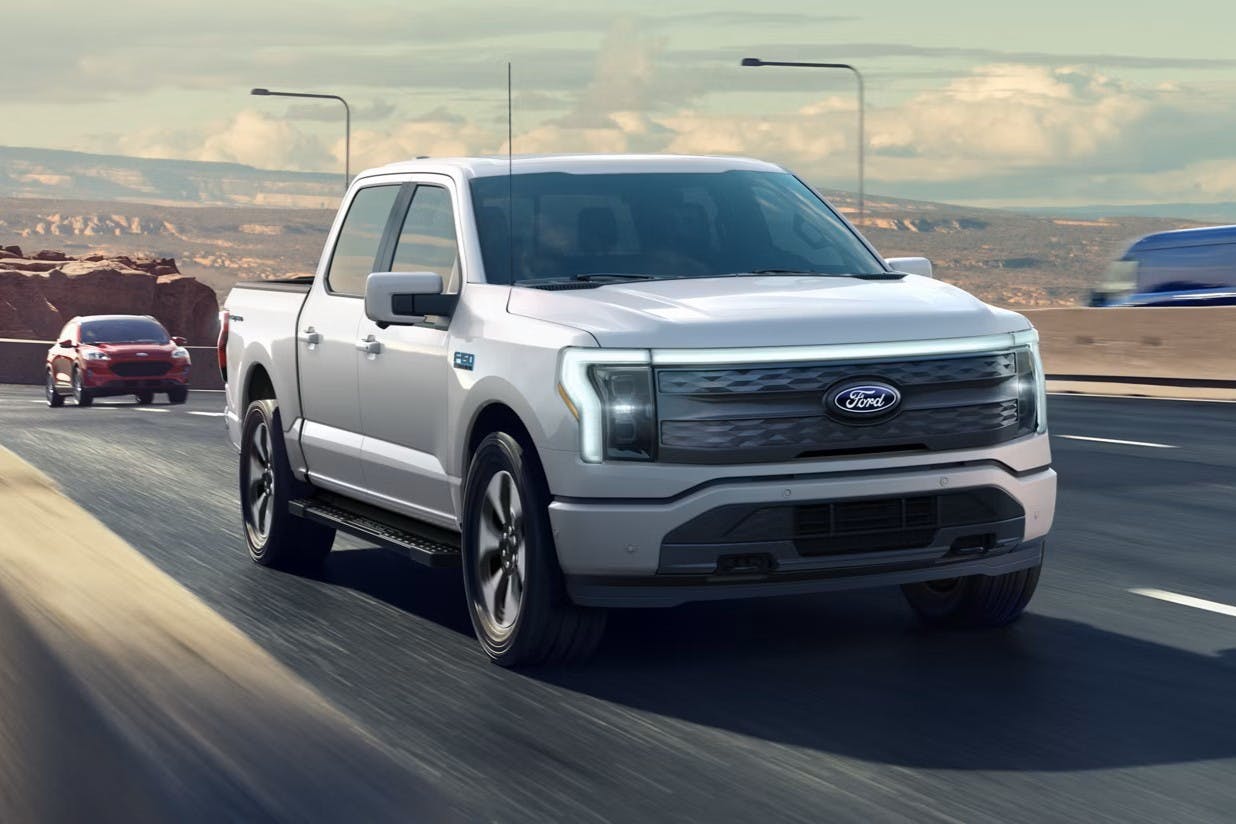
The F150’s Award-Winning PowerBoost Hybrid System
When you think of a full-size pickup, you likely picture brute strength—big towing numbers, hard-working bed loads, and rugged capability. But what if you could pair that with hybrid efficiency and practicality? That’s exactly what the PowerBoost Hybrid system in the Ford F-150 aims to deliver—and with good reason, it’s earned top honors.
A Trophy That Matters
The PowerBoost Hybrid system was named to the prestigious Wards 10 Best Engines & Propulsion Systems list for 2025.
For the team at Ford, as one article from the powertrain team stated, this isn’t just another accolade—it’s “a validation of years of hard work, countless hours of problem-solving, and a shared vision to deliver something truly innovative for our customers.”
The judges at Wards described the system as “powerful, smooth and quiet, and … stunningly efficient for a vehicle its size.”
What’s Under the Hood
Here’s a breakdown of the drivetrain that’s making the difference:
- The PowerBoost pairs the proven 3.5-liter EcoBoost V6 with a hybrid electric motor and a 1.5 kWh lithium‐ion battery pack.
- Together they produce 430 hp and 570 lb-ft of torque (system total) in the 2025 F-150.
- On the 2025 model, the hybrid version is rated at up to 25/26/25 mpg (city/highway/combined) in 2WD.
- Towing capacity when properly equipped is up to 11,200 pounds for the hybrid.
Why It’s Not Just “Another Hybrid”
What makes the PowerBoost system especially compelling is how it addresses the traditional trade-offs of truck hybrids:
- No compromise on capability. Many hybrids are optimized for efficiency but lose the “truck DNA” of heavy towing or hauling. Ford engineered the PowerBoost to maintain strong capability alongside hybrid benefits.
- Seamless integration. One of the biggest engineering challenges was making the transition between gas and electric—and the hybrid system work so well you barely notice it. Refinements in software, transmission calibration, removal of the conventional integrated starter generator, etc., all contributed to a refined feel.
- A multi‐role machine. The hybrid powertrain isn’t just for driving—it unlocks features like the onboard generator (more on that below). That means the F-150 becomes more than a truck—it becomes a power tool, job-site asset, or backup resource.
Real‐World Benefits for Truck Owners
Here are some of the practical advantages of choosing the PowerBoost Hybrid:
- Better fuel economy for the size and capability of the vehicle. The Wards test reported more than 22 mpg in mixed driving on a 2025 model.
- Strong performance. With 430 hp and 570 lb-ft, the system delivers truck-level grunt—even outperforming some purely gasoline V6-only competitors in the segment.
- Onboard power generation. One of the standout features enabled by the hybrid layout is the optional “Pro Power Onboard” system, which can deliver up to 7.2 kW of exportable electricity.
Use-Case Scenarios That Stand Out
- Job site or tailgate: You can plug tools, compressors, even welders into the truck bed outlets and power them without hauling a separate generator.
- Emergency/back-up power: Stories abound of F-150 PowerBoost owners powering home essentials during outages or storm events using the onboard power function.
- Daily driving & weekend towing: The hybrid ensures you’re not always burning premium fuel just to get around town—but when needed, you’ve got real work-truck capability.
Engineering & Evolution
The Ford team didn’t rest after initial success. Even after their first Wards win (in 2021), they continued with software and calibration enhancements, improved brake system integration, and the like. That commitment to refinement is likely a big reason the system remains competitive and award‐worthy.
Why This Matters in the Big Picture
We’re living in a transition period for trucks—traditional internal‐combustion engines are still dominant, but electrification (hybrids, plug-in hybrids, full EVs) is accelerating. That’s why recognition from Wards matters: propulsion systems like the PowerBoost prove that hybrid tech can enhance trucks, not just make them “greener.” It signals to consumers: you don’t have to give up capability to get modern efficiency.
